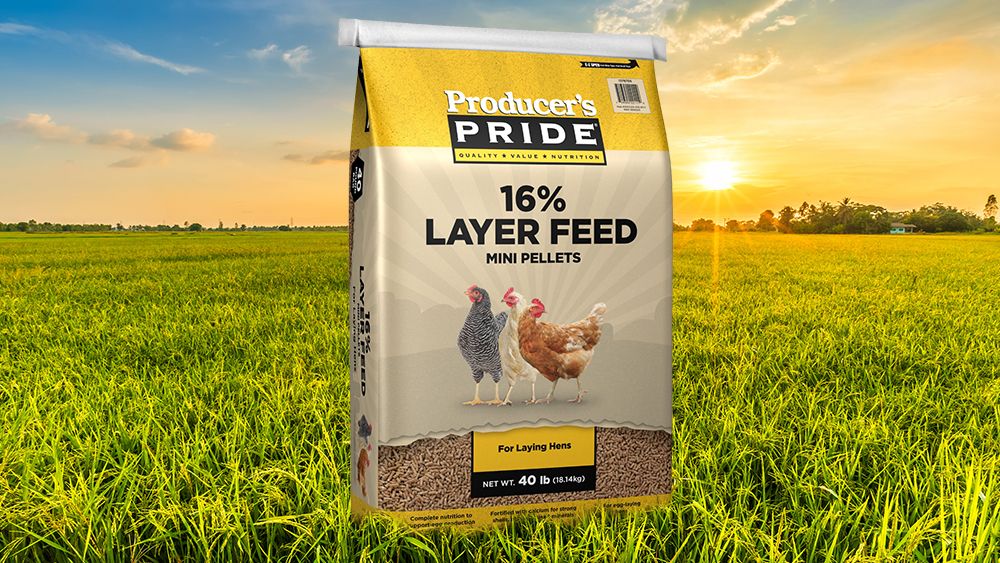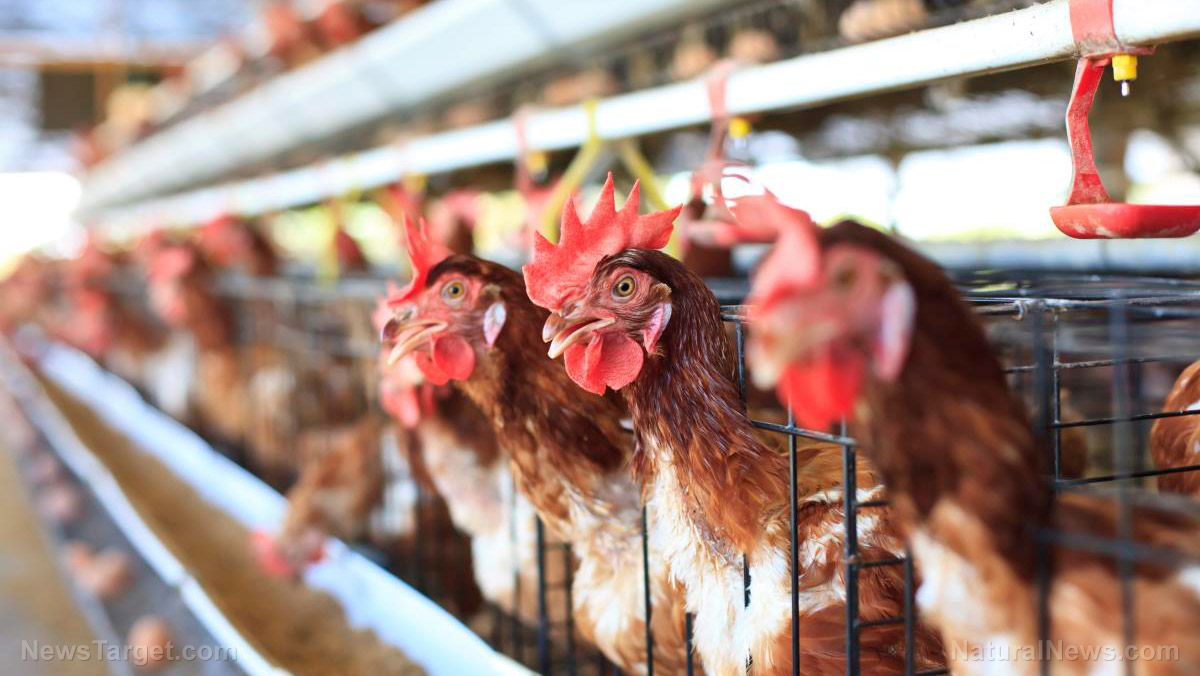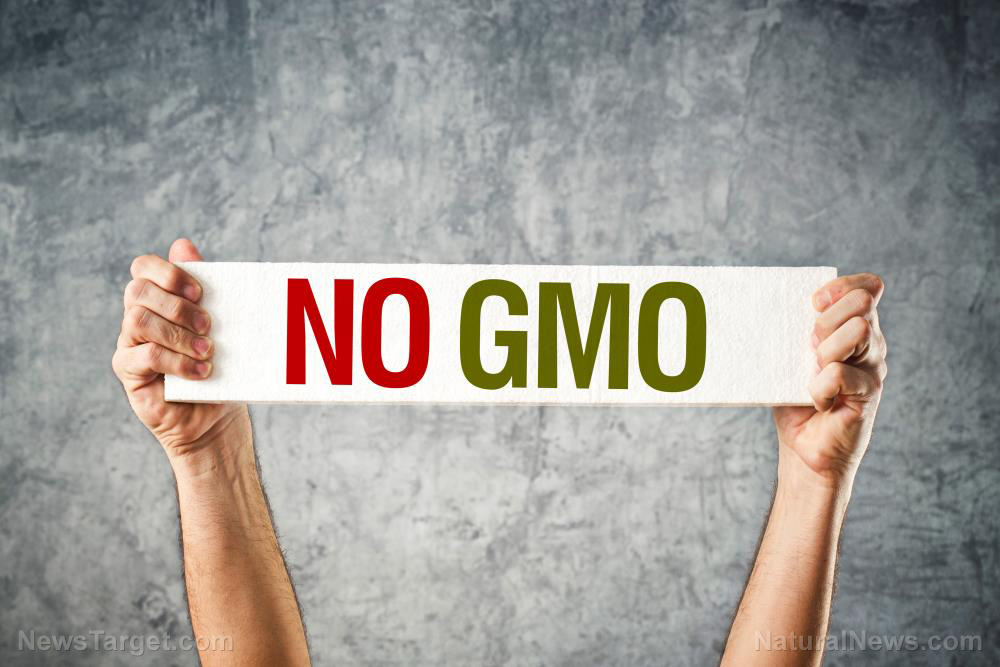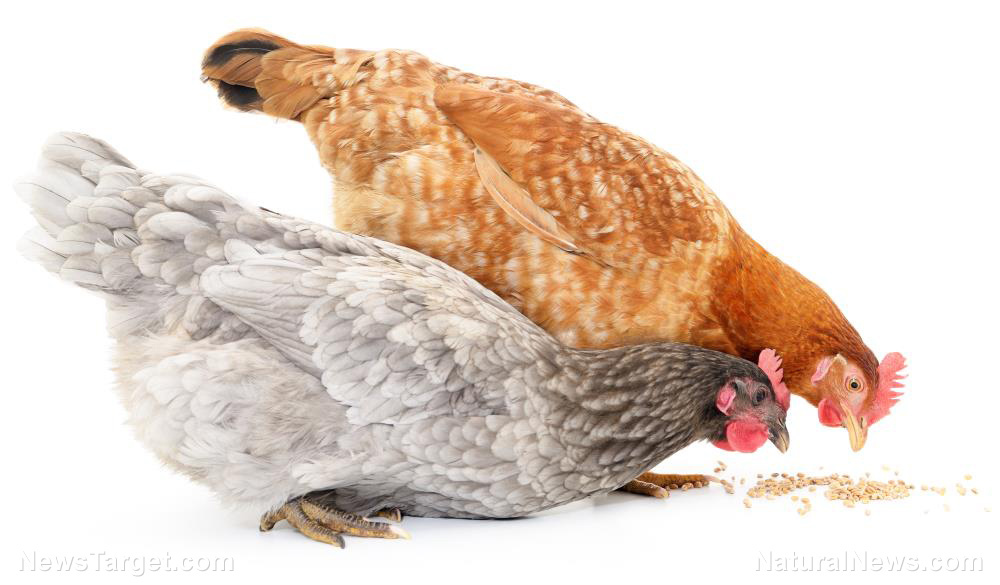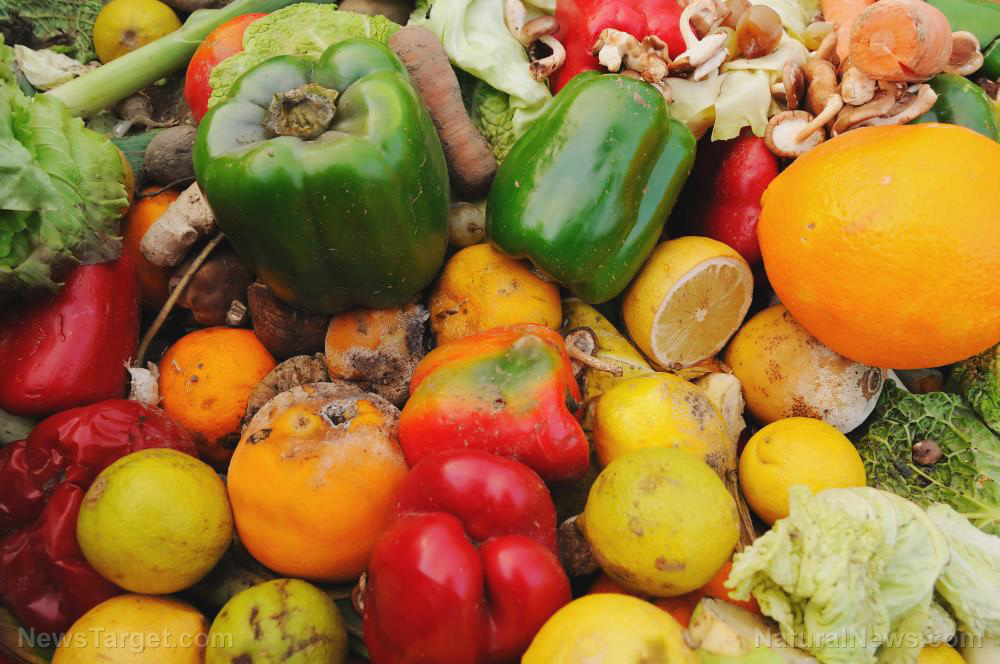
Food waste is defined as the intentional disposal of any safe and nutritious food. This happens in many ways across the supply chain. Fresh produce that deviates from what is considered acceptable is often discarded. Products that are close to, on their, or beyond their “best before” dates are pulled out from shelves, then disposed. Large quantities of edible left over from households and restaurants are also thrown away.
A study from the University of Boras in Sweden looked at how food waste from the industry – such as orange peels – can be re-processed to produce animal feeds and bioplastics.
Biomass can return waste into the production cycle
In the study, lead researcher Pedro Filho used different kinds of food processing waste to grow a special filamentous fungus in order to form biomass. Some of the waste products he used include soluble starch from potatoes, orange peels, pea starch, and wastewater from a wheat-starch facility.
He discovered that the physical appearance of the biomass depends on its source. In particular, biomass is abundant in protein and fat. There is also an environmental and economic benefit in reusing waste to cultivate fungi. Food wastes from different industries can be used to grow fungi and essentially generate a protein or lipid-rich biomass. In turn, this biomass can be brought back to the supply chain where it can be converted to either fish feed or bioplastic.
For example, instead of catching large amounts of small fish to feed commercially grown fish, feeds created from fungi biomass can be used instead. That way, the industry can save on resources and generate less waste at the same time. Bio-plastics can also be produced using fungi biomass. By streamlining the production of bioplastics, people can cut down on using oil-based plastics that heavily pollute the environment and takes years -- even centuries -- to decompose. (Related: Novel chemistry method paves the way for large-scale production of bioplastic bottles.)
Advantages of bioplastics
It's a known fact that plastic waste is devastating to the environment. Even worse, it makes its way into bodies of water, as well as drinking water. With the way things are going, it's estimated that there will be more plastic in the ocean than fish by the year 2050. But that could be turned around by replacing regular plastic with bioplastic. The list below details some of the advantages of using bioplastics.
- It does not release dangerous substances. Traditional plastics releases methane and other harmful gases into the atmosphere as it decomposes. It also releases hazardous pollutants into landfills, including bisphenol A and phthalates -- both of which are known to be toxic and harm a person's reproduction system. None of those substances are needed to create bioplastics. This means that bio-plastics will not pollute the environment as it degrades.
- It decomposes quickly. Bioplastics will naturally decay when composted. Once it comes in contact with water, the starch in it will swell and eventually break into tinier pieces. After which, the bacteria can use the small pieces of starch as a nutrient source and convert it into something that can benefit the environment.
To learn more ways that food waste can be upcycled, visit Environ.news.
Sources include:
Please contact us for more information.
















